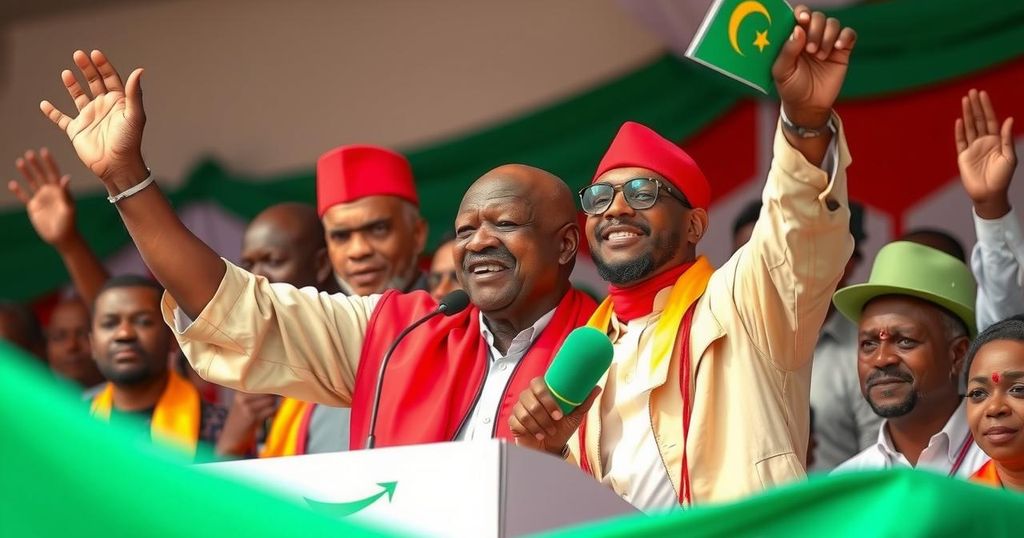Chad’s Ruling Party Dominates Boycotted Parliamentary Election
Chad’s ruling Patriotic Salvation Movement party won 124 of 188 seats in the recent parliamentary elections, which saw a 51.5% turnout and was boycotted by major opposition parties. President Mahamat Idriss Deby emphasized the need for decentralization, while the opposition dismissed the election as illegitimate amidst ongoing security challenges in the country.
In the recent parliamentary elections held in Chad, the ruling Patriotic Salvation Movement party secured a significant victory, obtaining 124 of the 188 available seats, according to provisional results announced by Ahmed Bartchiret, the head of the electoral commission. This election, the first of its kind in over ten years, experienced a voter turnout of 51.5% and was marked by a boycott from the main opposition parties. President Mahamat Idriss Deby, who assumed power following his father’s death in 2021, had expressed hopes that this election would contribute to a decentralization of governance throughout the country. The opposition, led by several parties including the Transformers party, rejected the election’s legitimacy, deeming it a “charade,” especially given the concerns raised during previous electoral processes. The elections take place amidst significant security challenges for Chad, including ongoing threats from Boko Haram and deteriorating relations with France, a historical ally.
Chad has faced a tumultuous political landscape in recent years, particularly following the death of long-serving president Idriss Deby Itno. His son, Mahamat Idriss Deby, took control in 2021 through a military coup and subsequently led the country in various transitional phases towards a purported democratic process. The government aimed to implement reforms, including the decentralization of power, hoping to assuage public demand for greater regional representation. However, the integrity of the electoral process has been consistently called into question, especially by opposition parties, who argue that the elections reflect a lack of genuine democratic principles.
In summary, the recent parliamentary elections in Chad reflect the ruling party’s dominance amidst a divided opposition and significant skepticism regarding the credibility of the electoral process. The ruling party’s victory, while touted as a step towards decentralization by the government, faced severe criticism from opposition groups, which may have ramifications for political stability in Chad. The elections occur against a backdrop of pressing security issues and complex international relations, particularly with France.
Original Source: www.seattletimes.com




Post Comment